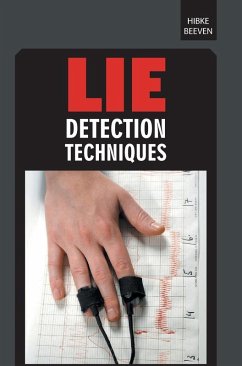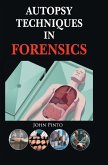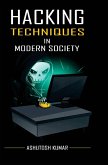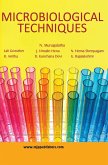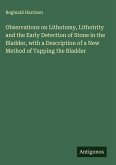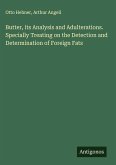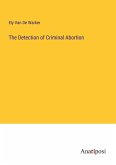This book aims to familiarize readers with the primary lie detection tools currently in use. Empirical research has uncovered the dynamics of everyday deception: people generally excel at lying but struggle with detecting lies, with an average accuracy of about 54%. Truth detection tends to be more accurate than lie detection, a phenomenon known as truth bias-where individuals are more likely to perceive messages as truthful rather than deceptive. Moreover, past studies have consistently shown that people often hold incorrect beliefs about the cues to deception, suggesting that reliance on stereotypical behavioral indicators contributes to poor lie detection accuracy. This low accuracy in detecting deception and flawed understanding of deception cues have garnered extensive empirical attention, resulting in a substantial body of research. ""Lie Detection Techniques"" is a comprehensive exploration of the methods and technologies used to detect deception. This book consists of eight chapters, each focusing on different aspects of lie detection.
Bitte wählen Sie Ihr Anliegen aus.
Rechnungen
Retourenschein anfordern
Bestellstatus
Storno

